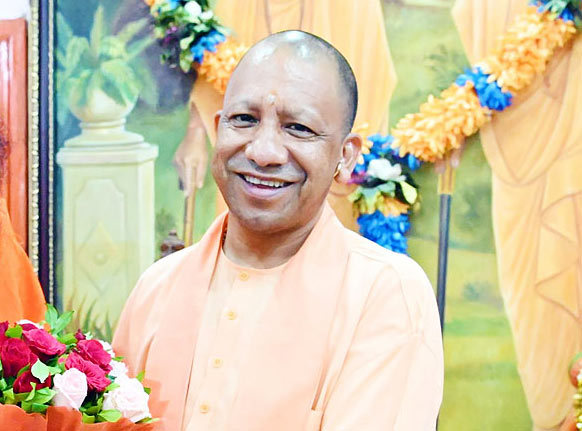
The Uttar Pradesh government, led by Chief Minister Yogi Adityanath, has introduced a social media policy, relating to how digital content is regulated within the state.
The policy, which has sparked both praise and controversy, outlines severe penalties for anti-national activities on social media platforms while introducing a novel approach to engaging with digital influencers.
Life Imprisonment for Anti-National Content
The most talked-about aspect of the new policy is the provision for life imprisonment for individuals found guilty of posting anti-national content.
This measure aims to curb activities deemed detrimental to national security or integrity, reflecting the government’s hard stance against what it perceives as threats to national cohesion.
Critics argue this could infringe on freedom of speech, while supporters see it as a necessary step in an era where digital misinformation can have real-world consequences.
Payment Caps for Social Media Influencers
In a bid to harness the power of social media for public welfare, the policy categorizes influencers into four tiers, each with a monthly payment cap ranging from Rs. 2 lakhs to Rs. 5 lakhs.
This structure encourages influencers to promote government schemes and initiatives, effectively turning social media into a platform for state-driven information dissemination. The move has been interpreted as an innovative way to engage with the youth and leverage digital platforms for governance, though questions arise about the potential for bias in content that such financial incentives might foster.
Government Advertising through Influencers
The policy also includes provisions for the government to allocate advertising budgets directly to influencers who promote state welfare schemes. This approach aims to increase the visibility of government initiatives and create a symbiotic relationship where influencers benefit financially while the state gains in public outreach.
Public and Political Reactions
The announcement has divided public opinion. While many applaud the government’s proactive stance against anti-national activities, others express concerns over the broad definition of “anti-national” content and the potential for misuse.
Political analysts suggest this policy could set a precedent for other states, potentially reshaping the landscape of digital freedom and government-influencer relations.